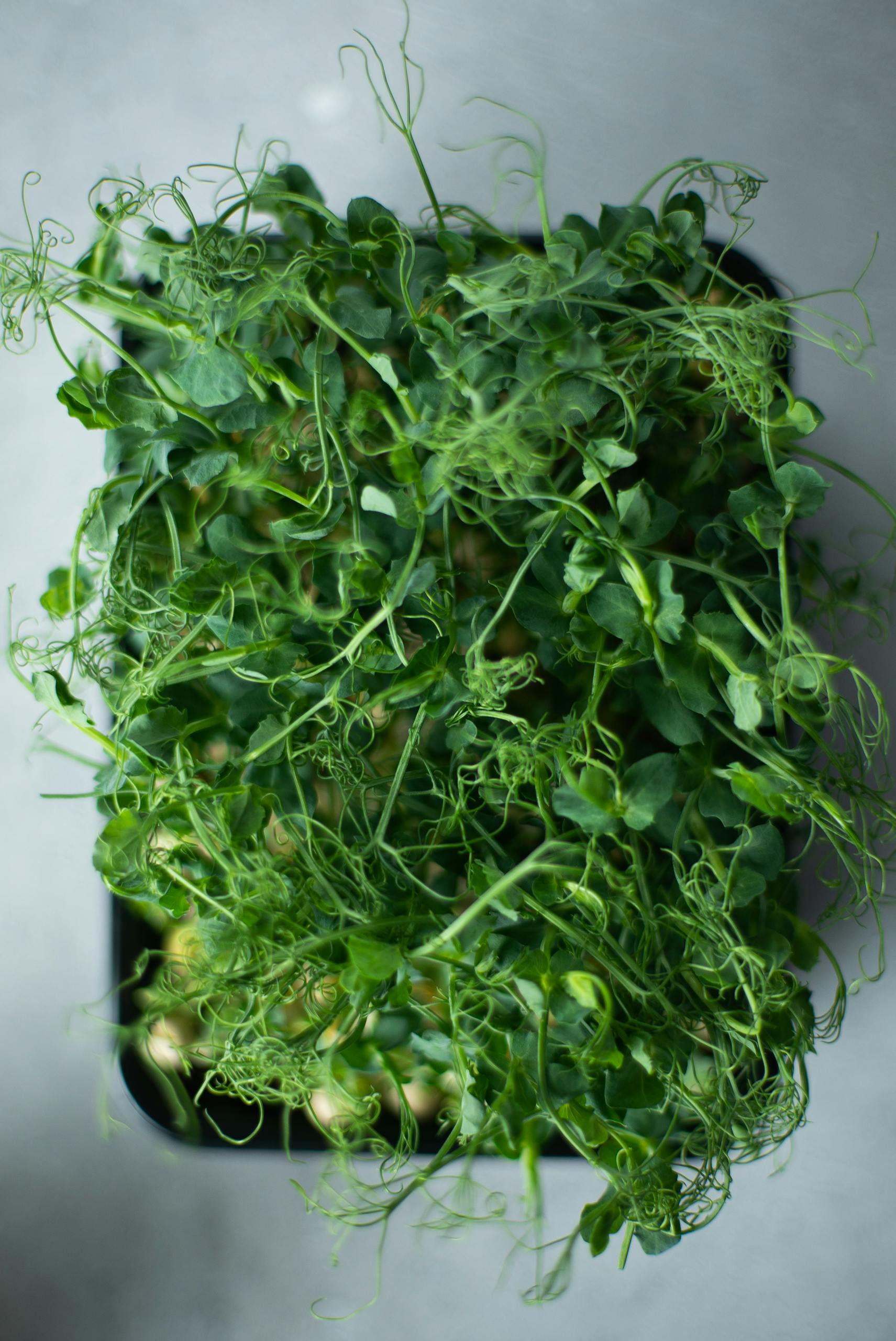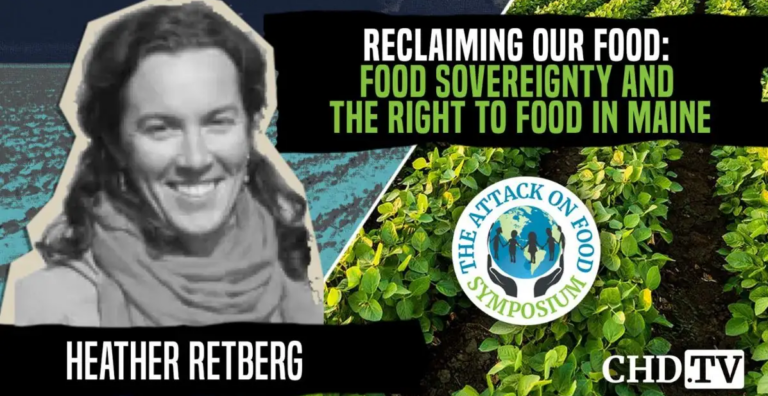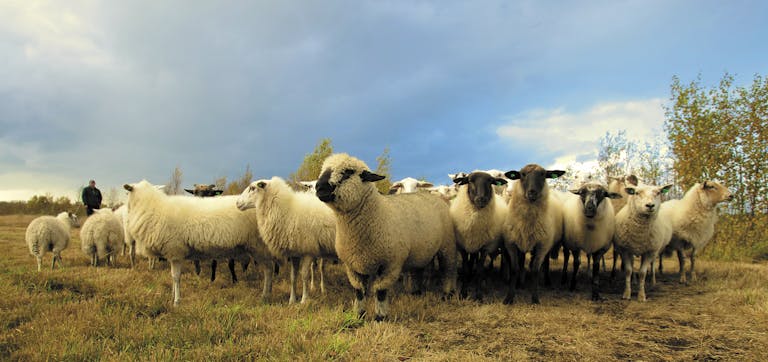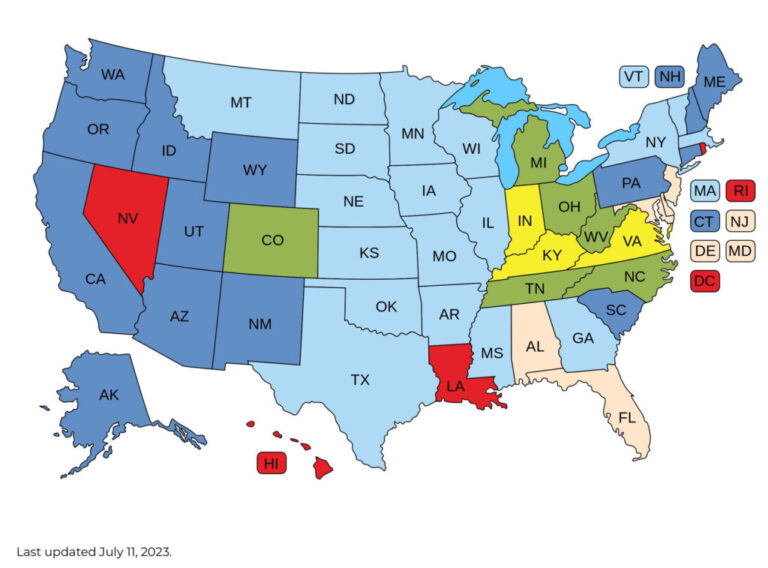By ANH-USA On 07/25/2024
How tinkering with plant genetics could lead to devastating human health and ecological consequences as genetic engineers eliminate plants’ ability to cry for help. Action Alert
THE TOPLINE
- Genetic modifications to plants, such as making mustard greens less bitter, could remove beneficial mustard oils known for their anti-cancer properties. This could negatively impact both human health and the plant’s natural defense mechanisms, potentially leading to increased pesticide use.
- Gene-edited foods often bypass more stringent GMO regulations due to their classification. This lack of rigorous oversight means potential health and environmental risks are not adequately addressed, and unknown compounds resulting from genetic modifications may pose unforeseen dangers.
- Modifying plants genetically can disrupt ecological systems that have evolved over millennia. The removal of certain compounds might hinder plants’ ability to attract natural pest predators, potentially altering the balance of ecosystems and increasing reliance on chemical interventions.
Are you OK with being treated like a lab rat? At ANH, we’re not!
This month, a biotech start-up, Pairwise, is teaming up with Bayer to roll out a new type of mustard green engineered to be less bitter than the original plant. The vegetable is set to be the first Crispr-edited food to hit the US market. Just as meatless meat companies are using climate change to push their agenda, we’re told that altering plants’ genetics to make fruits and vegetables more palatable will revolutionize public health by encouraging us to eat more salads. And it’s not just mustard greens; the company is using Crispr to develop seedless blackberries and pitless cherries.
© [Frankengreens are Coming, 2024] ANH-USA. This work is reproduced and distributed with the permission of ANH-USA.








